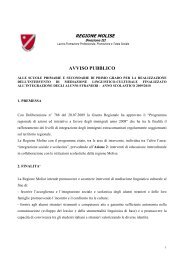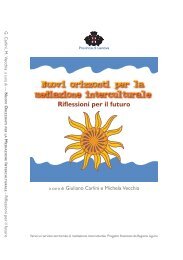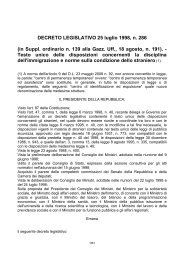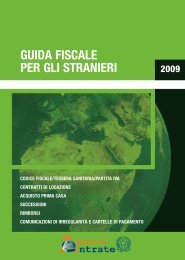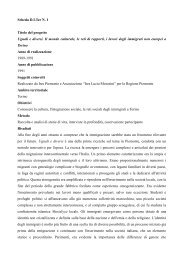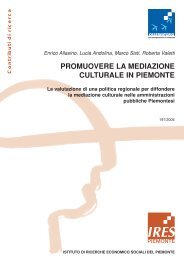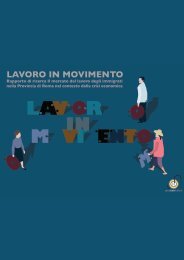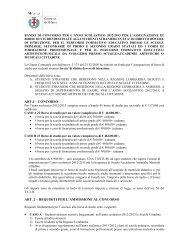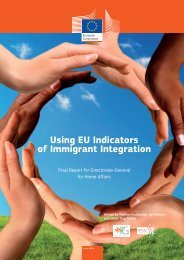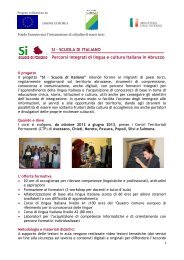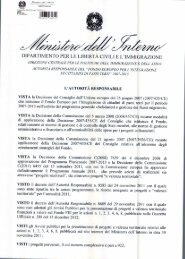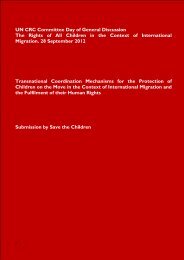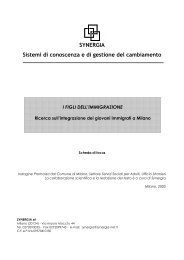Combating anti-Roma stereotypes and prejudices through media
Combating anti-Roma stereotypes and prejudices through media
Combating anti-Roma stereotypes and prejudices through media
- No tags were found...
Create successful ePaper yourself
Turn your PDF publications into a flip-book with our unique Google optimized e-Paper software.
IntroductionFor the purpose of this work <strong>and</strong> as it is most commonly used in EU policy documents <strong>and</strong> discussions, theterm "<strong>Roma</strong>" refers to a variety of groups of people who describe themselves as <strong>Roma</strong>, Gypsies, Travelers,Manouches, Ashkali, Sinti, Gens de Voyages, Kale, as well as other titles. The use of the term <strong>Roma</strong> is in noway intended to downplay the great diversity within the many different <strong>Roma</strong>ni groups <strong>and</strong> relatedcommunities, nor is it intended to promote <strong>stereotypes</strong>.+Respect focuses on the EU priority of combating racism <strong>and</strong> xenophobia, with specific actions that are alsorelevant to the objective of fostering active participation in the democratic life of the Union. Participation indemocratic life must critically start from the local/regional level where such dynamics take place daily. This isthe reason why +Respect deals with the <strong>anti</strong>-<strong>Roma</strong> racism issue with a territorial approach. It is a criticalcompetence of territories to tackle <strong>anti</strong>-<strong>Roma</strong> racism <strong>and</strong> discrimination, access to rights <strong>and</strong> citizenship.+Respect aims to enhance the knowledge, the intercultural dialogue <strong>and</strong> the awareness of civil society <strong>and</strong>practitioners meaningful to the local/regional dimension, but also to contribute to national <strong>and</strong> Europeanpolicies <strong>and</strong> debates.The history of the multiple discriminations <strong>and</strong> the racial segregation has been going h<strong>and</strong> in h<strong>and</strong>, <strong>through</strong>centuries, with the negative perception of the <strong>Roma</strong> communities in Europe. Today, <strong>Roma</strong> people are stillpictured <strong>and</strong> portrayed as a problematic ‘ethnic group’, by use of negative <strong>stereotypes</strong> <strong>and</strong> <strong>prejudices</strong>, as ifthe social exclusion of <strong>Roma</strong> people is an innate element of their ethnicity <strong>and</strong> not the consequence of longlasting discriminating policies <strong>and</strong> untrue stories.This negative image is seriously widespread in Europe <strong>and</strong> is given more emphasis by offensive politicaldiscourses <strong>and</strong> deceitful information campaigns. The use of ‘institutional racism’ is often a way to channelfear <strong>and</strong> weakness of the majority of the population against a precise target group, <strong>Roma</strong> people. Media cancreate <strong>and</strong> support a vicious circle reporting <strong>and</strong> passing on negative messages without taking into accountthe consequences of their words.This report is a part of the ‘Information <strong>and</strong> awareness campaign’ of the project, <strong>and</strong> more specifically itcontains the results of the project WP4.2 which aims to tackle the issue of ‘Professional <strong>media</strong>:communicating the <strong>Roma</strong> life, debunking <strong>stereotypes</strong> <strong>and</strong> combating <strong>anti</strong>-Gypsism by mass <strong>media</strong>’. 4thematic seminars (twice in Brussels, <strong>and</strong> in Rome <strong>and</strong> Bari) have been tailored for professional journalists,information providers, <strong>media</strong> activists, civil society organization, institutional communication agencies,international organizations, <strong>Roma</strong> communities <strong>and</strong> local authorities in order to discuss, collect <strong>and</strong> propose11



